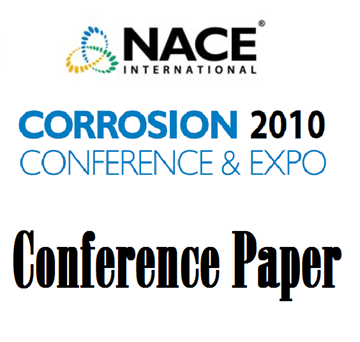Translational science itself is not a new scientific process. Since investigative science experiments were established and results measured, basic and applied science has been translated into useful applications. However, science has not always been investigative or effectively translated into useful applications. And when it has, the translation often consumed a significant amount of time and faced considerable implementation obstacles.
Product Number:
41215-888-SG
Author:
D. Dunmire, G. Keller
Publication Date:
2015
$0.00
$20.00
$20.00
Translational science itself is not a new scientific process. Since investigative science experiments were established and results measured, basic and applied science has been translated into useful applications. However, science has not always been investigative or effectively translated into useful applications. And when it has, the translation often consumed a significant amount of time and faced considerable implementation obstacles. Because of problems with translation time and implementation obstacles, the medical profession has invested a great deal of time and effort in developing effective translational medical science. The medical profession’s objectives have been to increase availability, quality and speed of care in response to patient needs. Their approach is the exemplar for other professions to implement translational science. The material degradation process, which can result in corrosion, closely resembles the human physical degradation process; and the material degradation prevention, control and restoration process also closely resembles the human medical prevention, control and restoration process. Therefore, analysis of translational medical science provides a valuable model for the design and implementation of translational corrosion science. Translational corrosion science must be a multidisciplinary science that integrates research scientists, corrosion engineers, logistics engineers, manufacturing designers and engineers, acquisition managers, academic institutions, professional societies, structural and metallurgical engineers, inspection, treatment and repair technicians, and other corrosion subject matter experts. Important processes include cooperation, collaboration, collective decision-making, information sharing, basic and applied research, advanced education and training, affordable design and manufacturing, effective inspection and prognostics, and precise documentation.




